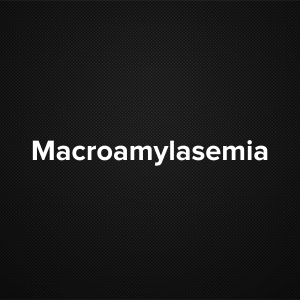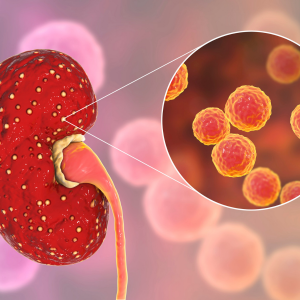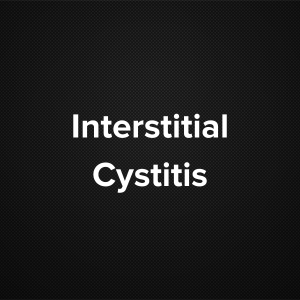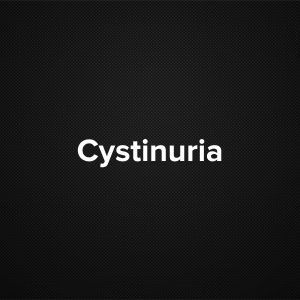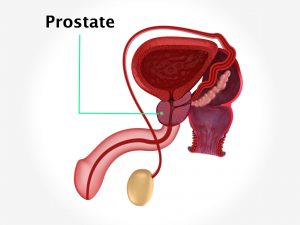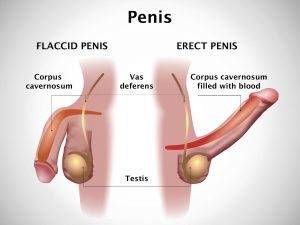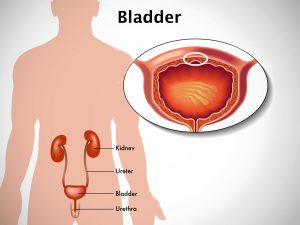Causes and risk factors
MCKD is caused due to genetic defect which leads to formation of cyst in the kidneys. Medullary cystic kidney disease is classified into two subsets. MCKD1 associated with chromosome 1 and usually affects adults between the age group of 30-35 years. MCKD2 associated with chromosome 2 and usually affects adults between age group of 60-65 years.
Clinical presentation
Patient presents with increased frequency of urination (polyuria), frequent urination at night. There is weakness, salt craving. Unintentional weight loss is seen. Low blood pressure (hypotension) can occur. As disease progresses, it may lead to renal failure.
Investigations
Medical history by the patient and clinical examination by the doctor helps in diagnosis. Complete blood count, blood test for blood urea nitrogen and creatinine is done. Urinalysis, uric acid test is required. Ultrasound of the abdomen is recommended. Abdominal and kidney CT scan is done. Kidney biopsy is advised.
Treatment
MCKD is not curable. Treatment is aimed at reducing signs and symptoms and prevent complications. Treatment includes regulating fluid and salt intake, avoiding activities that can cause dehydration. Medicines may be required for any accompanying symptoms. When kidney failure develops, medicine to manage high blood pressure, hemodialysis is needed. Further treatment consists of kidney transplant if all the above measures fail.
Complications
Complications such as anemia, osteoporosis, increased risk of fractures, infertility, end-stage kidney disease, hypertension, congestive cardiac failure, ulcers, and bleeding in the stomach and intestine may occur.
When to Contact a Doctor
One must consult a doctor if there are symptoms like increased frequency of urination (polyuria), frequent urination at night, or if unintentional weight loss is seen.
Prevention
Since it is a genetic disease, it cannot be prevented. Genetic testing can be done to confirm the presence of genetic changes.
Systems involved
Urinary system, CVS
Organs involved
Kidneys, blood vessels



